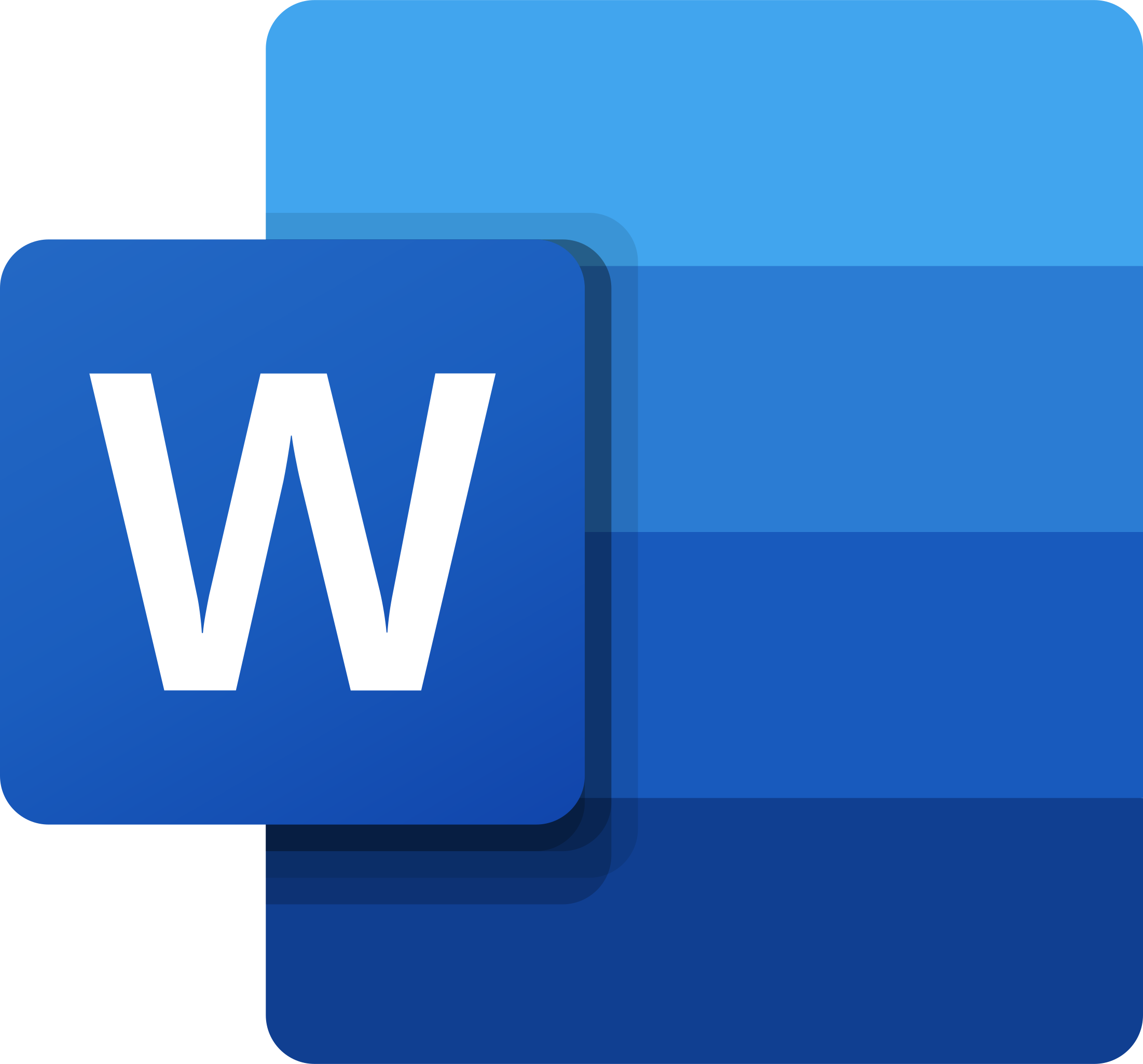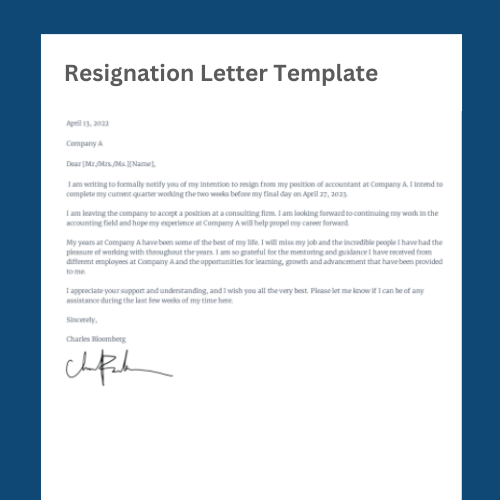Interview Advice for FDs
An interview for a Finance Director position can be an intimidating prospect because you are likely to be asked some in-depth, complex questions. Our experts have outlined some of the key areas to consider when preparing for an interview.
Download FD/CFO Interview Question TemplateInterview Advice For FDs
An interview for a Finance Director position can be an intimidating prospect because you are likely to be asked some in-depth, complex questions.
But in many ways, the general principle of getting through the interview is very similar to other positions. Here are our top interview tips to ensure you get the job…
Research the company
You may be asked how you perceive the company’s position in its industry, who the firm’s competitors are, its competitive advantages, etc.
It’s, therefore, important to research the basics. If you have worked in the industry before, you will obviously have a distinct advantage. In a leadership role, you’ll probably be expected to show how would you improve the company, so understanding how they operate is key.
Know your selling points (and be clear)
Remember to have five key selling points in mind with respect to what makes you the best candidate for the position – and have examples in mind. But don’t bury your selling points in long stories – ensure they are clear and concise.
Also, remember to say why you want that position and why you find it interesting. This will help you stand out as someone who is very interested in the position.
Consider the interviewer’s concerns
Put yourself in their shoes and think of potential reasons for not hiring you. This way, you can prepare a rebuttal to any concerns and highlight the reasons they should hire you.
Prepare to be asked the common interview questions
There are so many possible interview questions that it’s difficult to know how you can possibly prepare.
Find a list of questions and try to determine which are most likely to apply to you, given your experience in relation to the position for which you are applying. Here are some tough interview questions you may encounter for an FD job.
Prepare your own questions for the interviewer
Interviewers always ask if you have any questions, and no matter what, you should have one or two ready or he or she may conclude that you’re not that interested.
For example, some good all-purpose questions are: “If you could design the ideal candidate for this position from the ground up?”, “What would he or she be like?”, or “What do you think is the best thing about working here?”.
Prepare for “behaviour-based” questions
A very common interview style today is to ask people for examples to demonstrate behaviours that the company thinks are important for a particular position. This may include making unpopular decisions, displaying a high level of persistence, or making a decision under time pressure.
1. Anticipate the behaviours this hiring manager is likely to be looking for.
2. Identify at least one example of when you demonstrated each behaviour.
3. Prepare a story for each example.
Practice the interview
Repeating what you might say in an interview will help you sound a lot smoother and more articulate – don’t worry about sounding canned.
You can either do this with a friend (and ask them for feedback) or by recording yourself and playing it back to see where you can improve.
Get the interviewers on your side
Some people view interviews as adversarial. You must transform this relationship so you’re both on the same side.
Something as simple as letting them know you are happy to have the chance to learn more about them and to let them learn more about you to see if it will be a match or not will go a long way.
Watch your body language
Dress appropriately, make eye contact, give a firm handshake, have good posture, don’t slouch and speak clearly.
Certain personality types, especially certain business leaders, really notice body language and will instantly disqualify people who they don’t give a good non-verbal impression.
Make a great first impression
According to some research, interviewers make up their minds about candidates in the first five minutes of the interview.
That means you need to be energetic and enthusiastic from the start. For example, start off with a positive comment about the company.
Be assertive and clear
Don’t make the mistake of just sitting there waiting for the interviewer to ask you about your achievements. Make sure they walk away knowing your key selling points.
Think positively
Don’t dwell on negative experiences during an interview.
Even if the interviewer asks you point blank, “What did you like least about that previous job?” don’t answer it as it’s been asked. Say something like: “Actually I’ve found something about all of my jobs that I’ve liked.” And give an example.
End the interview on a positive note
If you get to the end of an interview and think you’d really like the job, don’t be afraid to ask for it.
Tell the interviewer that you were excited about it before the interview and are even more excited now. It could make the difference between you and an equally qualified candidate being offered the position.
Use the ‘Tell me about yourself’ question to your advantage
Interviewers often open with this question and it’s a great opportunity so don’t miss it.
Instead of telling them your life story, consider listing the three things about yourself you feel are most important [your selling points].” Ask them if you can expand on this and then give examples.







